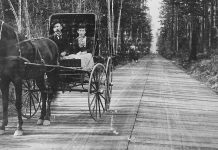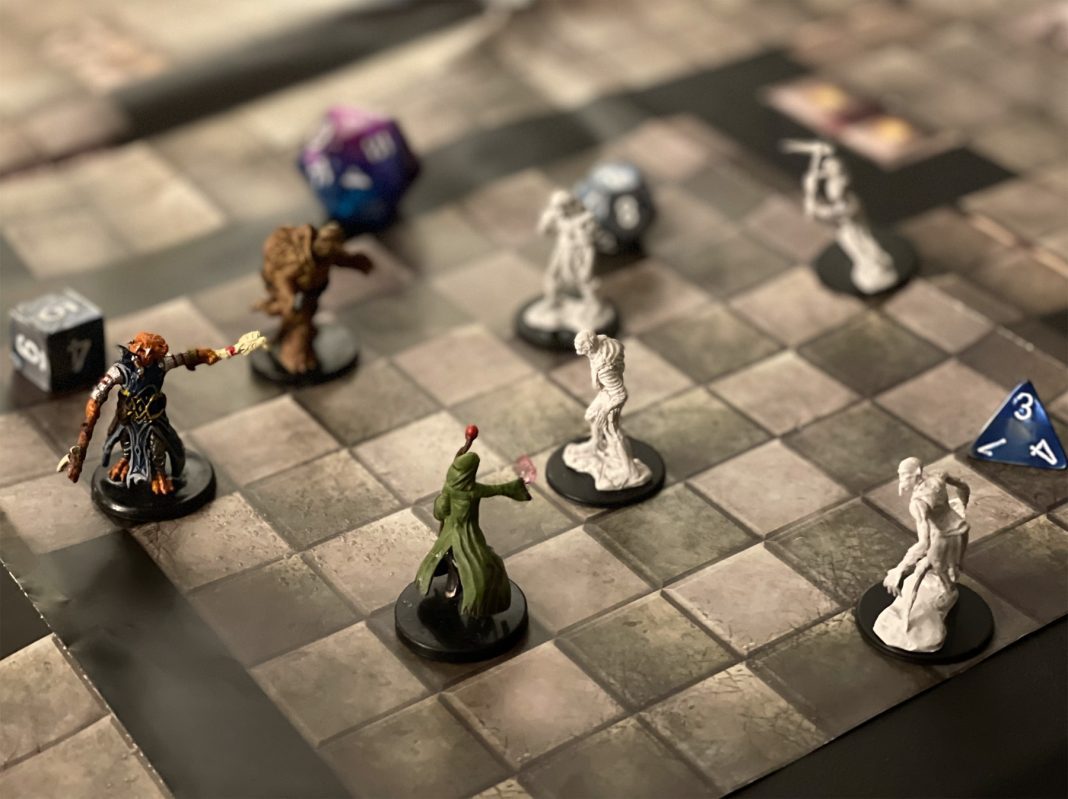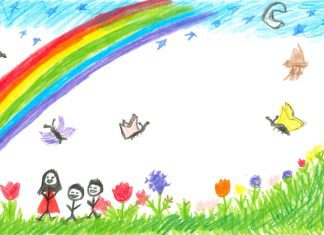Have you ever spent a Saturday battling monsters with your friends or questing through uncharted landscapes teaming with magical creatures and lore waiting to be discovered? With tabletop roleplaying games, dreams become possible, and enchantment is at your fingertips. In recent years, the popularity of this gaming niche has shot to the cosmos and Brad McArtor, the purveyor of Pair o’ Dice Games in Bellingham, brings WhatcomTalk up to speed while talking about the trajectory of tabletop gaming and the journey so far.
The bedrock of roleplaying games (RPG) and the original architype for all modern tabletop gaming is undoubtedly Dungeons and Dragons, a wildly creative gaming invention brought to life in 1974 through the minds of Gary Gygax and Dave Arneson.
“Dungeons and Dragons created the notion of character sheets, a log where you would record a character’s abilities and bonuses against certain challenges, and task resolution rolls, sometimes called checks, which are the fundamental version of ‘find out if you succeed at the thing your character tries,” Brad explains. “It’s based on a ruleset for an unpublished game that Gary Gygax ran based on Chainmail, which was a miniatures-based tabletop strategy game akin to Warhammer.”
Warhammer has also seen a surge in players over the last few years, especially with known celebrity endorsements.
From its humble paper beginnings to lightning speed processors, tabletop gaming has evolved over several decades with technology used to create an immersive experience for its players.
“Pen and paper roleplaying games were the entirety of the genre until personal computers became strong enough to host worlds and run task resolution calculations,” says Brad. “Elder Scrolls, World of Warcraft, and Diablo are now commonly known digital roleplaying games, with massively multiplayer online roleplaying game (MMORPG) being a known genre, in which millions of people can play online together.”
The fundamental differences between computer RPGs and ‘pen and paper’ tabletop RPGs remain a point of ‘gentle’ contention between fans of the genre.
“Digital RPGs have the flexibility of being powered on and off whenever one player chooses, as well as [offering] rich, captivating graphics,” Brad says. “Pen and paper RPGs require multiple people to come together in one place at a scheduled time, and typically only provide crudely drawn maps or the occasional photo of a place that looks kind of like where you are.”
Both modes of gameplay present advantages and disadvantages, typically subjective to the player. “Pen and paper’s huge advantage is that the story and gameplay can be customized for whatever the players like,” says Brad. “In a digital RPG, you can explore the world as much as it has been programmed, and you can engage in the events that the developers created for you. In a pen and paper RPG, the players can do something that the game master never anticipated, and now the game master will have to create new content for them to explore, curated around the decisions the players made.”
The pandemic brought with it a twist to the RPG world, showcasing the tenacity and imagination of RPG players.
“Many groups moved their gameplay to MMORPGs, be it Final Fantasy, World of Warcraft, or some other,” Brad says. “However, many other groups used the home office and online meeting tools available, like Zoom, and brought their pen and paper games to the internet. Digital pen and paper play exploded, and platforms like Roll20 or Tabletop Simulator, which existed prior to the pandemic, became very popular.”
However, Brad points out that the desire for a social environment increased exponentially in a time of isolation. “Since socializing has grown so much scarcer, avenues for it have grown more desirable,” says Brad. “This social aspect of pen and paper gameplay is why the game will persist, despite continued development, and overwhelming use, of computers in every aspect of our lives.”
Pair O’ Dice Games is a relatively new emporium compared to the age of something like Dungeons and Dragons, yet it exudes a strong background in gaming expertise and experience. Brad has run roleplaying clubs in high school, managed Cosmic Comics, and now manages Pair O’ Dice.
He’s seen the major changes brought to D&D by Wizards of the Coast (owners of D&D) that have made the game widely accessible and ever more desirable for curious gamers. “D&D took a page from George Lucas’ Expanded Star Wars Universe and made their engine open source. This meant third parties everywhere could take the core rules from Third Edition, and build on top of it,” Brad says. “Every player could feel like they had a system that was specifically curated to their interests.”
With a boost in accessibility and word of mouth, roleplaying games continue to present adventurous avenues for creative minds and those who value quality time spent with others. “The social aspect of sitting around a table with your friends will never go out of style,” says Brad. “Whether it’s Dungeons and Dragons, Warhammer, board games like Catan, or paper trading card games like Magic the Gathering or Singularity, people will continue to value a place to meet face to face and play games. Pair o’ Dice Games strives to be that place. Get involved in our gaming community; we can’t wait to meet you.”
Ready to be amazed? Meet at Pair o’ Dice Games for Magic the Gathering Tournaments on Monday, Tuesday, and Friday nights or join their Discord channel and set up Board Game, Dungeons and Dragons, or Warhammer times to meet and play. They also have a Warhammer Table/gaming space available Monday through Friday from 3 p.m. to 8 p.m. or weekends from noon to 5 p.m.
Visit the Pair o’ Dice Games website for more information.







































